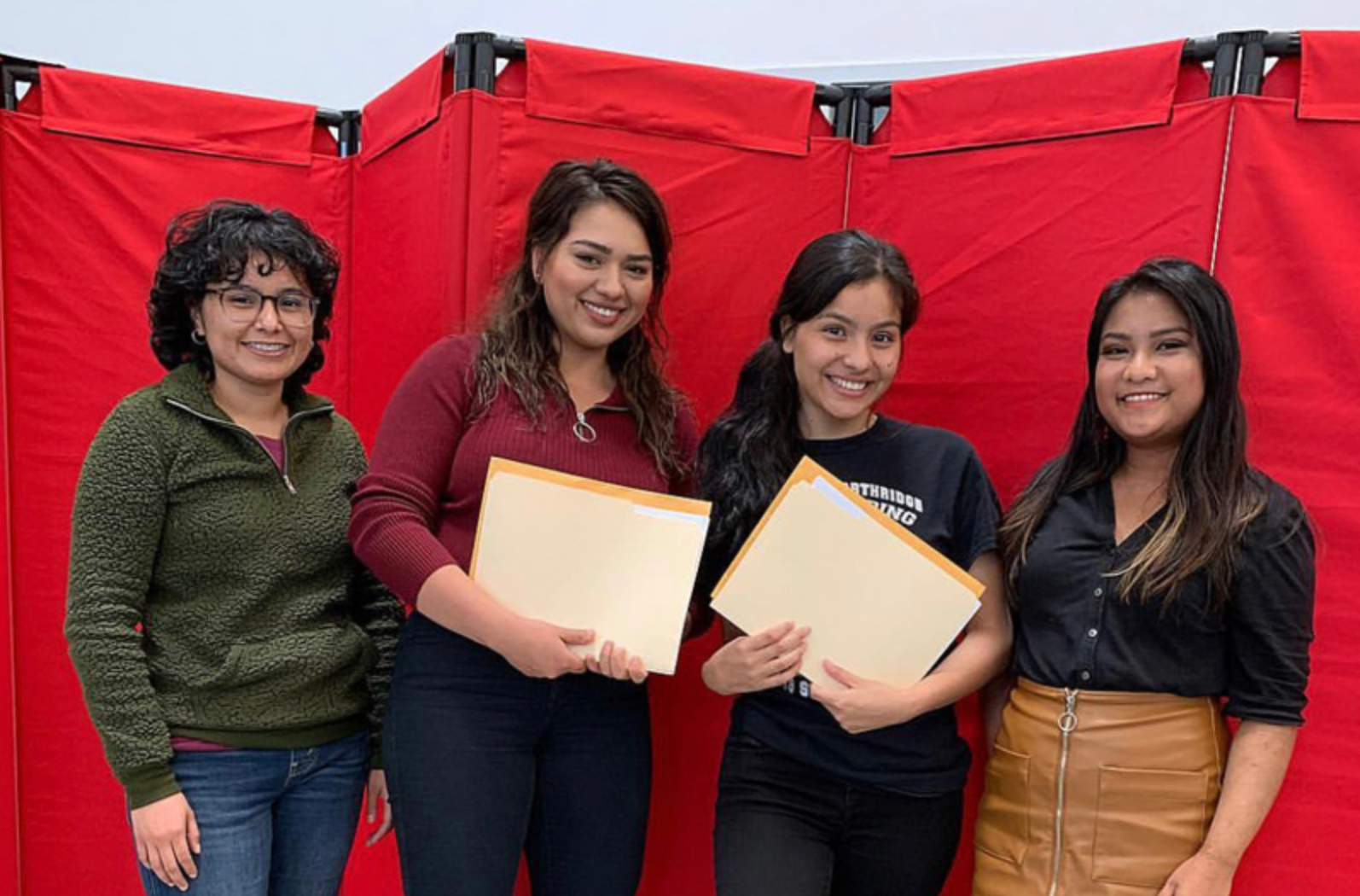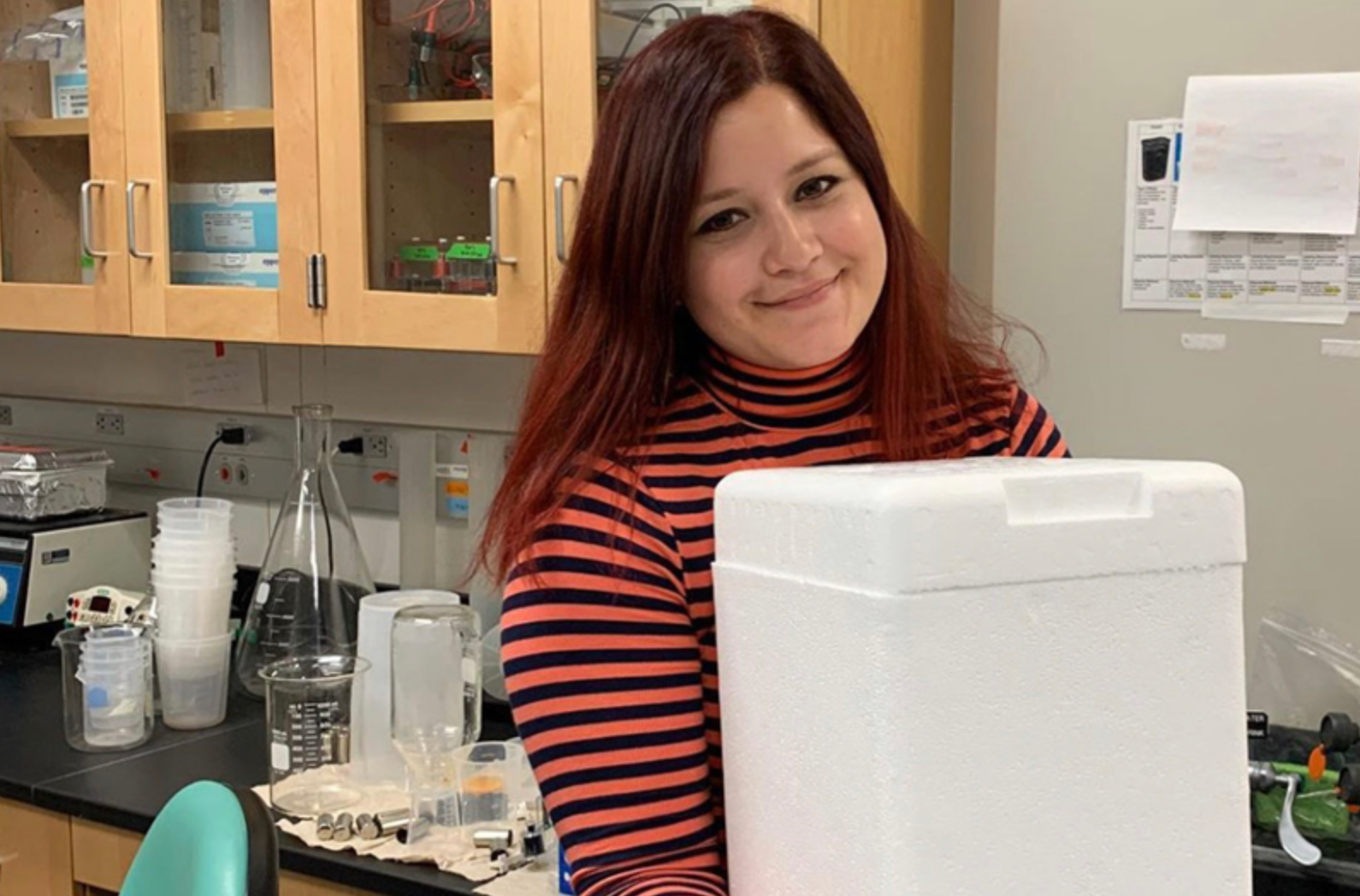Though enrollment of Latinx students in postsecondary institutions has increased, they continue to hold higher dropout rates than their other ethnic peers.
Qualitative, survey and experimental evidence suggests Latinx students’ experience cultural mismatch–conflict between interdependent values learned at home and independent values of post-secondary institutions (e.g., family vs. academic obligations, interdependent-peer vs. independent-peer)– during their transition to four-year universitites. This mismatch negatively disrupts health (self-reported mental-, physical-distress) and academics; recent pilot data suggests a relation to biological and clinical markers of health.
Our current project seeks to extend our prior work by describing the trajectories of Latinx students’ experiences with cultural mismatch and their associations with mental and physical health, as well as academic outcomes (Aim 1). Our project also seeks to uncover resilience factors that protect students against the experience and associations involved with cultural mismatch (Aim 2). Latinx students will complete a survey as well as biological and clinical assessments of health (e.g., cortisol, body-mass-index) across three time-points: their first- and second-semester of college and one-year later. Results will provide in-depth understanding of processes that contribute to health and educational disparities among one of the largest and fastest growing ethnic groups in the United States.



